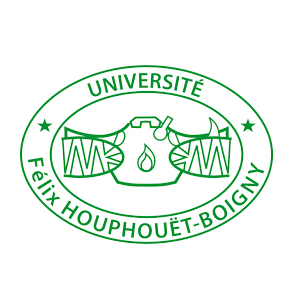Doctoral Research Programme on Climate Change and Biodiversity
Objectives
The Doctoral Program Climate Change and Biodiversity (CCB) is training doctoral students as experts to understand and protect species richness, genetic diversity, ecosystems and ecosystem services for the next generations. The understanding of strategies developed by living organisms and ecosystems in the face of climate change can make a substantial contribution towards the adaptation of humanity to these changes and towards the conservation of biodiversity sunder future conditions.
Curriculum
The curriculum of the Graduate Research Program Climate Change and Biodiversity starts with six months of course work in the fields of ecology and climate change, statistics and modeling tools, biodiversity management, climate science and biodiversity, functional aspects of major organism units, and the human dimension in biodiversity. Following course work is a period of 24 months for field research, during which students will collect and analyze data for their doctoral thesis.
Université Felix Houphouet Boigny
Université Felix Houphouet Boigny (formerly Université de Cocody‐Abidjan d’Ivoire), located in Abidjan was created in 1964. It is the oldest Ivoirian University. In 2010, UCA had 1,355 Professors, Assistant-professors and Lecturers, 81 full time Researchers, 534 Administrative & Technical Personals and more than 53,700 Students in 2010. Université Felix Houphouet Boigny is structured in 13 Training and Research Units (UFR), 2 autonomous Research Centers (Mathematics and Socio-economics), 1 Specialized School and 13 Research Institutes and Centers. UCA has a long experience of training students both from Cote d’Ivoire and the region at Masters and Ph.D. level in the area of Biodiversity including Tropical Ecology (Animals & Plants), Entomology, Botany, Hydrobiology, Ornithology etc. It also has a strong collaboration with the Université d’Abobo-Adjamé (UAA), Abidjan, Côte d’Ivoire, which also very active in the area of biodiversity.
The program is hosted at the campus of Bingerville and equipped with offices, laboratories for plant diversity and animal diversity, a library and a classroom. Central to the practical training of students are field trips and excursions within Côte d’Ivoire and to the WASCAL study sites in Bénin, Burkina Faso and Ghana, to study the variety of plants and animals in different ecosystems.

SCHOLARSHIP AVAILABLE


